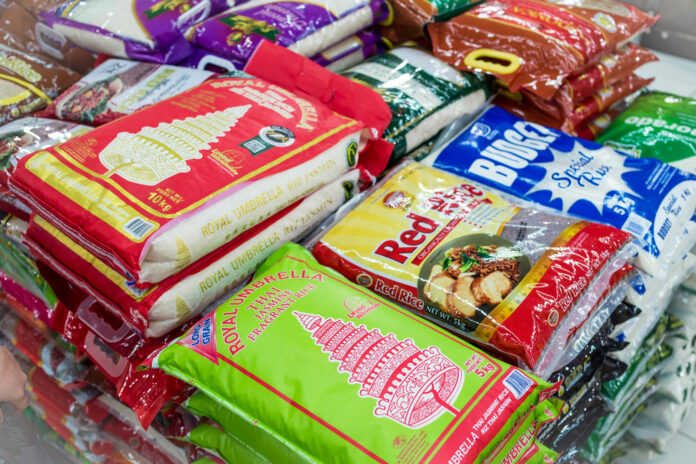Various stakeholders criticized the government plan to import 330,000 metric tons (MT) of rice to fill up the projected deficit in National Food Authority’s (NFA) buffer stock.
The plan was announced in a statement from the Office of the President last Friday to help stabilize the cost of rice and limit the upward pressure on inflation.
Jayson Cainglet, Samahang Industriya ng Agrikultura (SINAG) executive director, rejects the import plan as rice stocks should last until August this year even without importation.
Cainglet also said private sector rice importation activities have not stopped and continue to boost the country’s buffer stocks.
“Why is it that importation is the only solution being offered which will only help foreign traders and importers? The price of imported rice has also increased from $490 to $520 per metric ton or around P36 per kilo landed cost. The NFA will save more if they buy from farmers at P20 to P21 per kg of palay,” Cainglet said, noting the NFA has a P9 billion budget.
The Kilusang Magbubukid ng Pilipinas (KMP) acknowledged the country’s buffer stock is good for 51 days or lower than the ideal 90 days, ostensibly due to low NFA rice importation.
It said the NFA proposal contradicts the declaration of President Ferdinand Marcos Jr. declaring the domestic rice supply as sufficient for the country’s requirements.
The group also noted that palay farmgate price of P23 per kilo for dry and P18.50 to P19 per kilo for freshly harvested but the NFA buys palay for only P19 per kilo.
The KMP earlier proposed to increase the NFA buffer stock fund to P79.8-billion to allow for the procurement of at least 20 percent of the estimated 19.96 million MT of palay from local farmers at the farm gate price of P20 per kilo.
According to the Amihan National Federation of Peasant Women and the rice watch group Bantay Bigas, NFA palay procurement from 2018 to 2022 averaged only 2.3 percent of domestic annual production.
The groups also emphasized the need to review and repeal the Rice Liberalization Law and push for the alternative law, the Rice Industry Development Act whose provisions include production support, higher price of palay procured at farmgate, strengthening of the NFA to boost local palay procurement, distribution of cheap rice at retail, and protection of rice lands from land use conversion.







